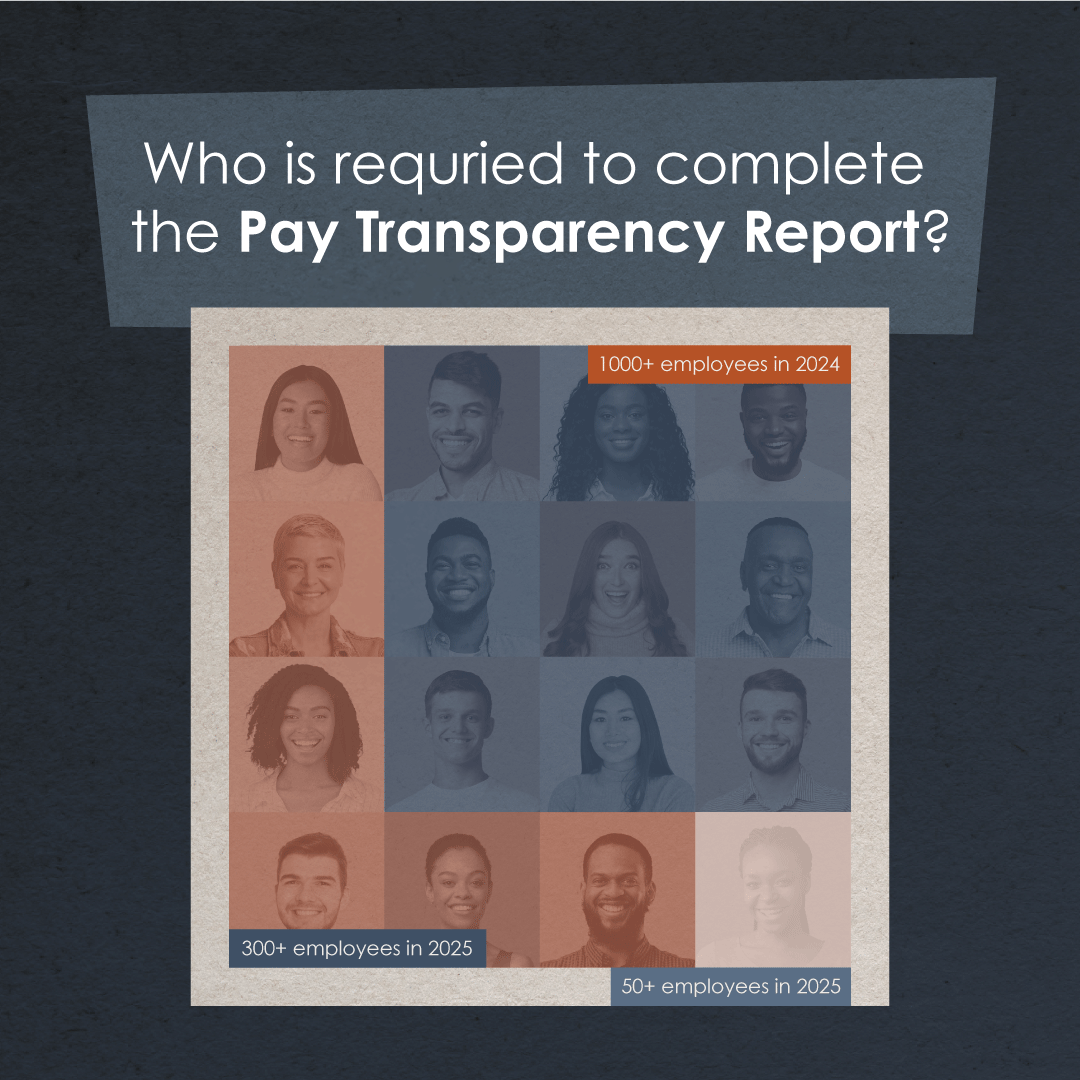Related:
STATE OF: Women in the Workforce
New law aims to eliminate gender pay gaps through transparency. Does it apply to your company? Breaking down what’s required of employers.
BC’s Pay Transparency Act 1, passed May 11, 2023, aims to eliminate gender pay discrepancies in the province by shining light upon that gap while making it easier for employees to negotiate fair pay. With the province’s gender pay gap sitting at 17% in 20222 (tying with Alberta as the highest in the country), few can argue the merits of the effort. But what, exactly, does it mean for employers in the province? Let’s answer some common questions.
Can Employers Ask About Previous Salaries?
Effective immediately, BC employers will no longer be permitted to ask applicants what they’ve been paid by other employers. 1 Employers will, however, be able to utilize pay information they already have regarding the employee in a previous position, as well as publicly available information pertaining to similar positions.
Are Employees Free to Discuss Pay With One Another?
Also effective immediately, employees who wish to discuss their earnings with co-workers or applicants are free to do so. Employees will also be free to ask their employer about their pay, inquire about pay transparency reporting, and provide information about their employer to the Director of Pay Transparency without retribution.
Per the government’s verbiage, employers will not be permitted to “dismiss, suspect, demote, discipline, or harass” employees who engage in these conversations. 1
Are Employers Obligated to Include Pay Information on Public Job Postings?
Beginning November 1, employers will be obligated to include the expected pay or pay range information for specific job opportunities that are publicly advertised. An exception to this rule will be general ‘help wanted’ promotions, as they do not pertain to a specific position. 1
What Will Annual Reporting Consist Of?
Employers of a certain size will be required to complete and post a pay transparency report on an annual basis. The reporting will consider hourly wages, overtime, and bonuses.
The report will disclose discrepancies in pay received by male, female, and non-binary employees, collectively. Real wage data, such as dollar amounts, need not be reported. 1

Is My Organization Required to Complete Pay Transparency Reporting?
The mandate will be phased in, with a broader scope applying over each of the next three years.
In 2023, the reporting mandate will apply to the BC Government and the province’s six largest Crown corporations.
In 2024, it will include all organizations with 1000 or more employees, while the threshold will decrease to 300 employees in 2025 and 50 in 2026. 1
Is There a Tool to Provide Guidance on Reporting?
The government will be introducing a reporting tool to assist employers in the preparation of reports, although that tool is still under development. Details about what will be included are still being developed in collaboration with the BC Public Service Agency and the six largest Crown corporations. The government also promises to work with employers on an ongoing basis, in order to build a system that works for all involved. 1
How Should Employers Collect Gender Information?
Gender information should be collected according to new Gender and Sex Data Standards. Employees will be permitted to either voluntarily update their information or decline to provide it at all. 1
How Should Employers Share Reporting?
Companies will be obligated to post their reporting on their website. If they don’t have a website, it must be posted in a “conspicuous place” at the worksite. The information must also be made available to members of the public upon request. 1
Why Is This Legislation Important?
Systemic pay discrimination feeding the gender gap impacts women and non-binary people in the workforce, particularly those who are Indigenous or racialized.2
Some believe that women are less aggressive about asking for pay increases than their male counterparts and that this contributes to their comparatively lower earnings. It is hoped that by making information transparent and by encouraging conversation, employees will become better equipped to seek fair pay.
The Federal Government’s Pay Equity Act, in effect since 2021, makes similar requirements of employers in federally regulated sectors. 2
While some employers aren’t thrilled about having to make such disclosures, others feel that transparency leads to trust so is, therefore, to the benefit of the company.
An unfortunate side effect of transparency, for employees, is that, in some situations, they may actually have less bargaining power. Employers may be hesitant to hand out individual raises, knowing that there is likely to be fallout from other employees when (not ‘if’) the information becomes public.
At any rate, the official mandate to disclose salary information lags behind a societal shift that has already trended toward more sharing. 2 Earnings details, long considered a taboo topic, have been increasingly shared in recent years, as employees seek to better understand their earning potential. This latest bill simply moves this information transfer from hushed tones during happy hour to hard numbers on the company website.
1 Finance, Ministry of. “Pay Transparency Laws in B.C.” Province of British Columbia, July 4, 2023. https://www2.gov.bc.ca/gov/content/gender-equity/pay-transparency-laws-in-bc
2 “What’s behind the Push for Pay Transparency? | CBC News.” CBCnews, September 17, 2023. https://www.cbc.ca/news/business/pay-transparency-push-1.6962687




